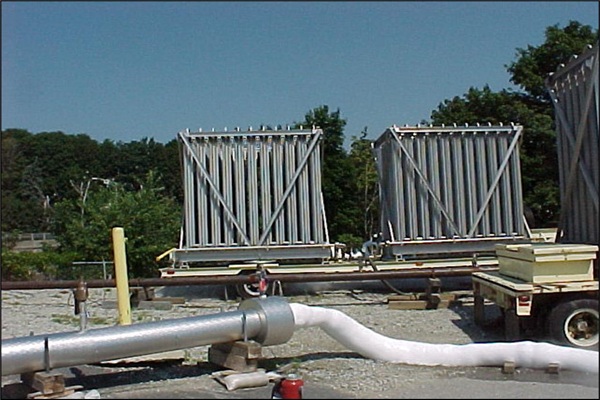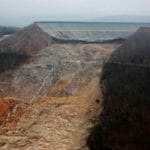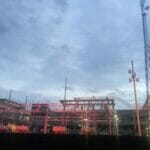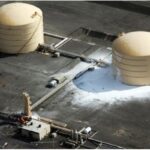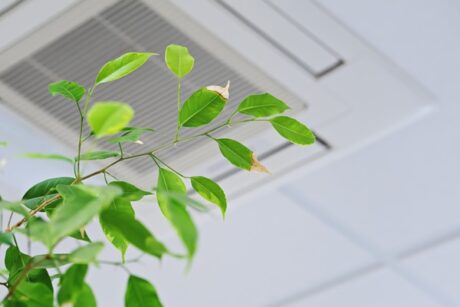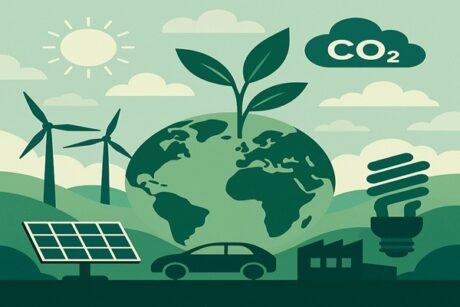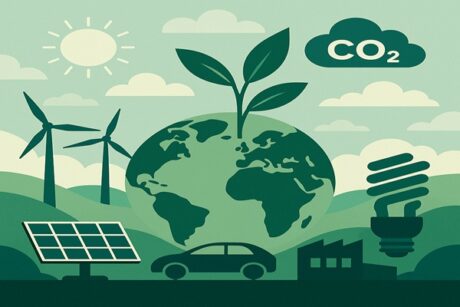No data found for Custom Course Number
No data found for Custom Course Units
Intended Audience: Energy, Mechanical and Environmental Engineers.
PDH UNITS: 2
LNG plants and other petrochemical plants are built to bring a return on investment to their investors through their safe operation. Their designers and engineer-led operators require technical knowledge to ensure these facilities are safe and dependable. This training not only covers LNG technologies at a technical level but also focuses on human resource development. It is designed to equip you with the skills needed to design, operate, and maintain an LNG facility, with many topics applicable to other petrochemical plants. The practical application of this training will keep you engaged and motivated. This course is intended to provide you with the intermediate technical knowledge necessary to make informed planning, maintenance, and operating decisions. By enhancing your skills, it can significantly improve your career prospects in the LNG and petrochemical industry, giving you a sense of optimism and hope for the future. The ten lessons will provide details on operating an LNG plant, refrigeration systems for liquefying, and the thermodynamics involved in producing, storing, transporting, and re-vaporizing LNG. This is lesson six of the ten lessons. It presents some intermediate training on LNG vaporization systems. Learning Objectives This is the sixth in a series of ten progressively more in-depth courses on Liquefied Natural Gas. Although this learning focuses on LNG facilities, many concepts also apply to other petrochemical plants. LNG plants and other petrochemical plants are built to bring a return on investment to their investors through their safe operation. Their designers and engineer-led operators require technical knowledge to ensure these facilities are safe and reliable. This course gives you that knowledge. This training covers LNG technologies at both a technical and human resource development level. This training is needed to help you design, operate, or maintain an LNG facility; however, many LNG topics can also apply to other petrochemical plants. This training is intended to give the learner the intermediate technical knowledge needed to make informed planning, maintenance, and operating decisions to ensure plant safety, reliability, and efficiency. This is lesson six of the ten lessons. It presents some intermediate training on LNG vaporization systems. For this intermediate-level course, the learner must have a basic knowledge of LNG and its uses. The learning objectives of the complete ten learning sessions are to understand at an intermediate level the following:
-
- Understanding how to safely, reliably, and efficiently operate an LNG plant
-
- General characteristics of LNG and safety
-
- Liquefaction pretreatment,
-
- Liquefaction systems,
-
- LNG tanks, valves, pumps, vaporizers, auxiliaries, and other LNG plant equipment.
-
- BOG management and plant operations
-
- Transporting LNG
-
- Efficient operation of LNG facilities
-
- Importance of philosophies, procedures, maintenance, and modes of operation.
-
- Understanding the thermodynamic relationship that governs the behavior of zeotropic hydrocarbons.
- What is vaporization
- Energy requirements for vaporization
- LNG pump curves
- Importance of vaporization reliability
- Types of vaporizers and pros and cons of each
- Concerns during vaporization
- How fast can a plant swing into vaporization mode
- Vaporization capacity constraints
- Maintenance of vaporization equipment
- Single-point failure modes can shut down all vaporization
Once completed, your order and certificate of completion will be available in your profile when you’re logged in to the site.


